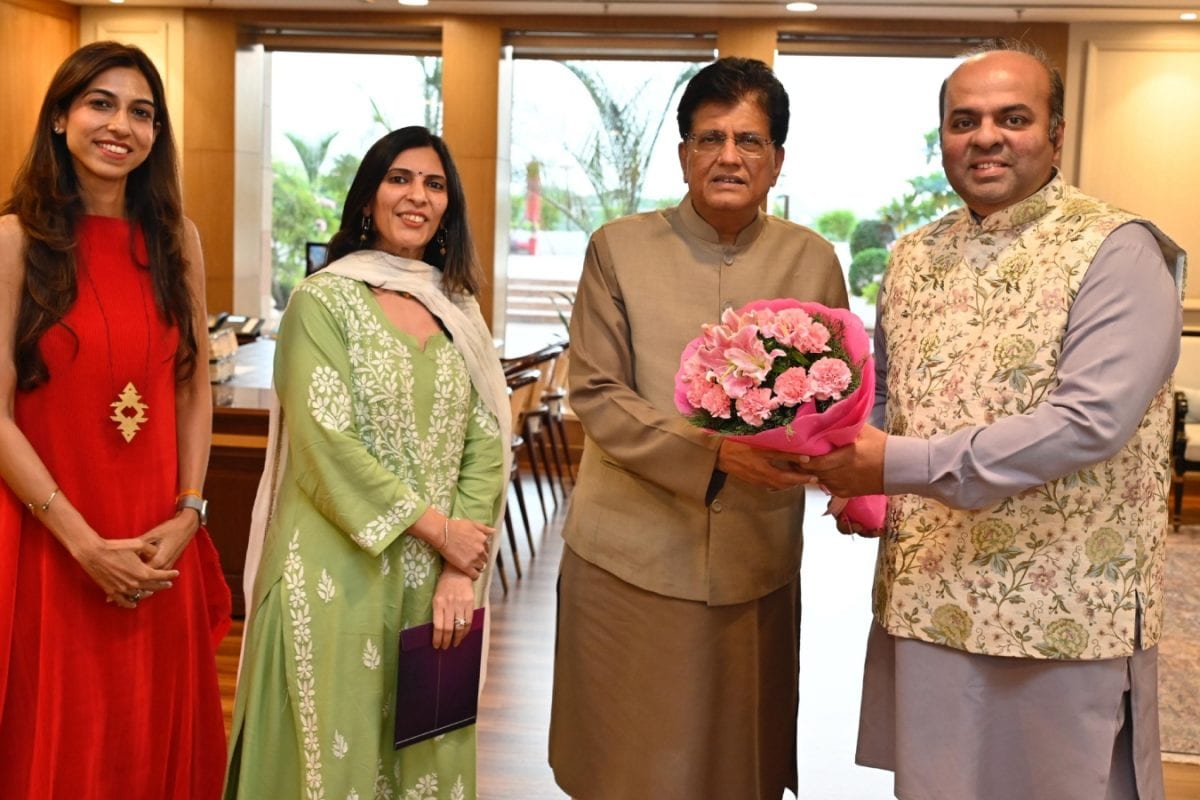

Union Minister Piyush Goyal has recently commended Ameya Dabli for his unique initiative aimed at connecting the youth with Indian traditions. Dabli's approach, primarily through cultural tours and musical performances centered around Lord Krishna, has garnered attention for its innovative way of strengthening faith and cultural understanding among young people.
Ameya Dabli's work focuses on bridging the gap between traditional values and contemporary youth culture. By using music and interactive cultural experiences, he makes religious and cultural concepts more accessible and engaging for the younger generation. This approach is particularly relevant in today's world, where many young individuals are increasingly disconnected from their cultural roots due to globalization and changing lifestyles.
Piyush Goyal's appreciation of Dabli's efforts highlights the government's recognition of the importance of preserving and promoting Indian culture and heritage. Goyal has been a vocal advocate for initiatives that showcase India's rich cultural tapestry, as evidenced by his visit to the National Crafts Museum with UK Business and Trade Secretary Jonathan Reynolds, emphasizing the country's "matchless legacy". This underscores the government's broader strategy of using culture as a tool for strengthening national identity and fostering international relations.
Dabli’s tours provide immersive experiences that allow participants to delve into the stories, philosophies, and artistic expressions associated with Lord Krishna. These tours often include visits to significant religious sites, interactive sessions with scholars and artists, and opportunities to participate in traditional music and dance. The goal is to provide a holistic understanding of the cultural and spiritual significance of these traditions, making them relevant and meaningful for young people.
The emphasis on connecting youth to tradition is vital for several reasons. Firstly, it helps to preserve and transmit cultural knowledge and practices to future generations. Secondly, it fosters a sense of belonging and identity among young people, which can be particularly important in a rapidly changing world. Thirdly, it promotes cultural diversity and understanding, which are essential for building a harmonious and inclusive society.
Moreover, initiatives like Ameya Dabli's can play a significant role in promoting cultural tourism. By showcasing the richness and diversity of Indian culture, these tours can attract both domestic and international visitors, contributing to economic growth and cultural exchange. The Tourism, Art & Culture, Sports and Youth affairs department of Government Jharkhand has set forth an attractive agenda for the state pavilion where the state's popular food items, its ethnic dance forms, and indigenous arts and crafts are being showcased widely.
In a broader context, the government's support for cultural initiatives aligns with its focus on holistic development, which includes not only economic progress but also the preservation of cultural values and heritage. By encouraging and supporting individuals and organizations like Ameya Dabli, the government aims to create a vibrant cultural ecosystem that enriches the lives of its citizens and promotes India's unique identity on the global stage.